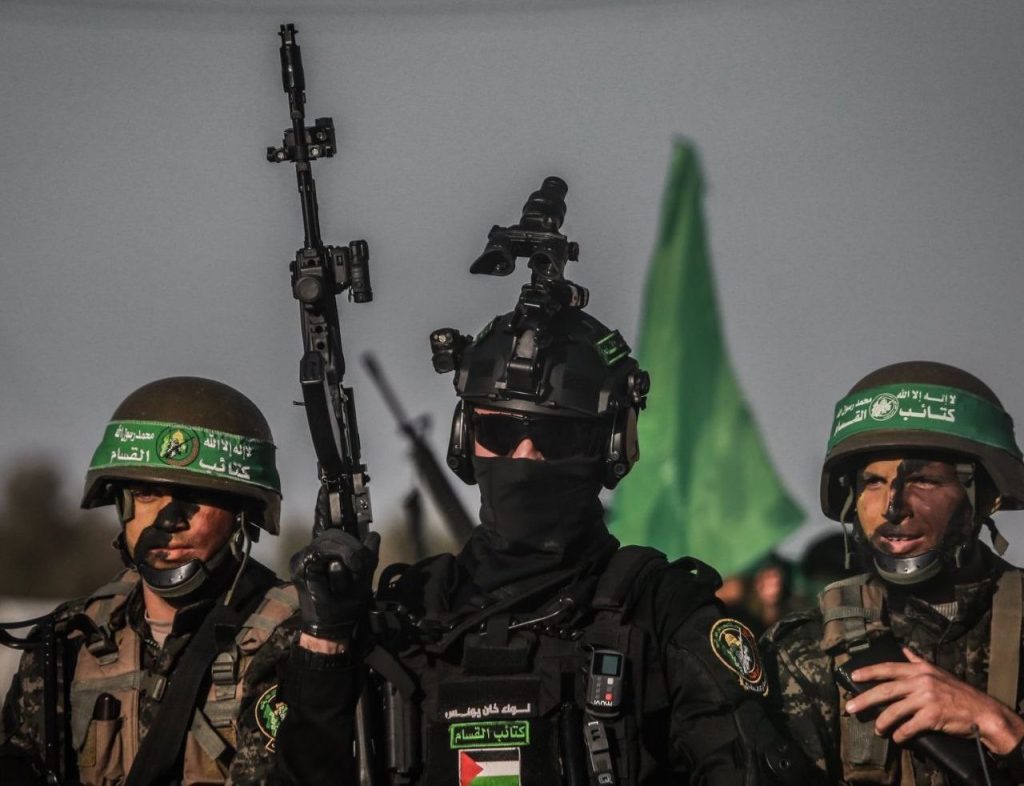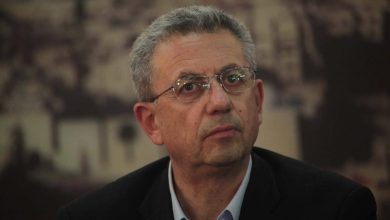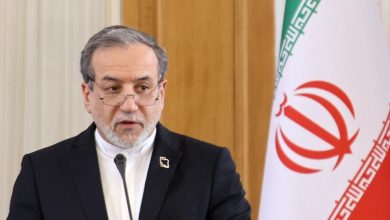Ummah Endowment”: From Supporting Jerusalem to Becoming a Hub of Corruption and Financial Uncertainty
A major financial scandal within a prominent charity raises serious questions about transparency and accountability in humanitarian aid for Palestine.
Watan-Over the years, the Ummah Endowment has been one of the most prominent charitable institutions presenting itself as working for the Palestinian cause, especially in supporting the people of Jerusalem under the guise of humanitarian aid and sustainable endowment projects.
The organization was founded in Istanbul in 2013 and quickly gained the support of influential figures within Hamas, along with the endorsement of several Islamic organizations that saw it as an effective means to secure financial resources for supporting Jerusalem and the Al-Aqsa Mosque.
However, over time, doubts began to emerge regarding the financial activities of the institution, with growing questions about how it managed the vast sums of money it collected from businessmen and donors worldwide.
The real crisis exploded after Hamas issued an official statement warning against dealing with the Ummah Endowment and calling for an end to donations directed to it, pointing to significant financial violations within the organization. This announcement shocked many in the institution’s supporter circles, especially as it came from one of the primary supporters since its establishment.
Internal investigations conducted by Hamas revealed that some leaders within the endowment had exploited donation funds for personal interests and set up investments in the names of their relatives.

This prompted the movement to intervene and expose these violations after years of silence. Despite attempts by the institution’s management to cover up these scandals, the evidence uncovered was conclusive, prompting Hamas to officially sever ties with the organization and clearly announce its stance.
What is striking in this case is that the Ummah Endowment did not stop collecting donations despite Hamas’ warnings, continuing to organize fundraising campaigns, claiming that the funds would be dedicated to aiding the Gaza Strip, which was devastated by the recent war. This behavior sparked further controversy and led human rights organizations to call for an international, transparent investigation into the fate of the funds the organization had raised over the years.

This scandal highlights the dangers of financial corruption within some institutions operating under the guise of relief and humanitarian aid, especially in the absence of transparency and strict financial oversight. While the Palestinians suffer from a suffocating blockade and catastrophic humanitarian conditions, there are those who exploit their sacrifices to enrich themselves and build a private financial empire at the expense of their pain.
The most pressing question remains: How will donors respond to this scandal? Will those involved be held accountable, or will the case be buried like previous financial scandals in other institutions?






